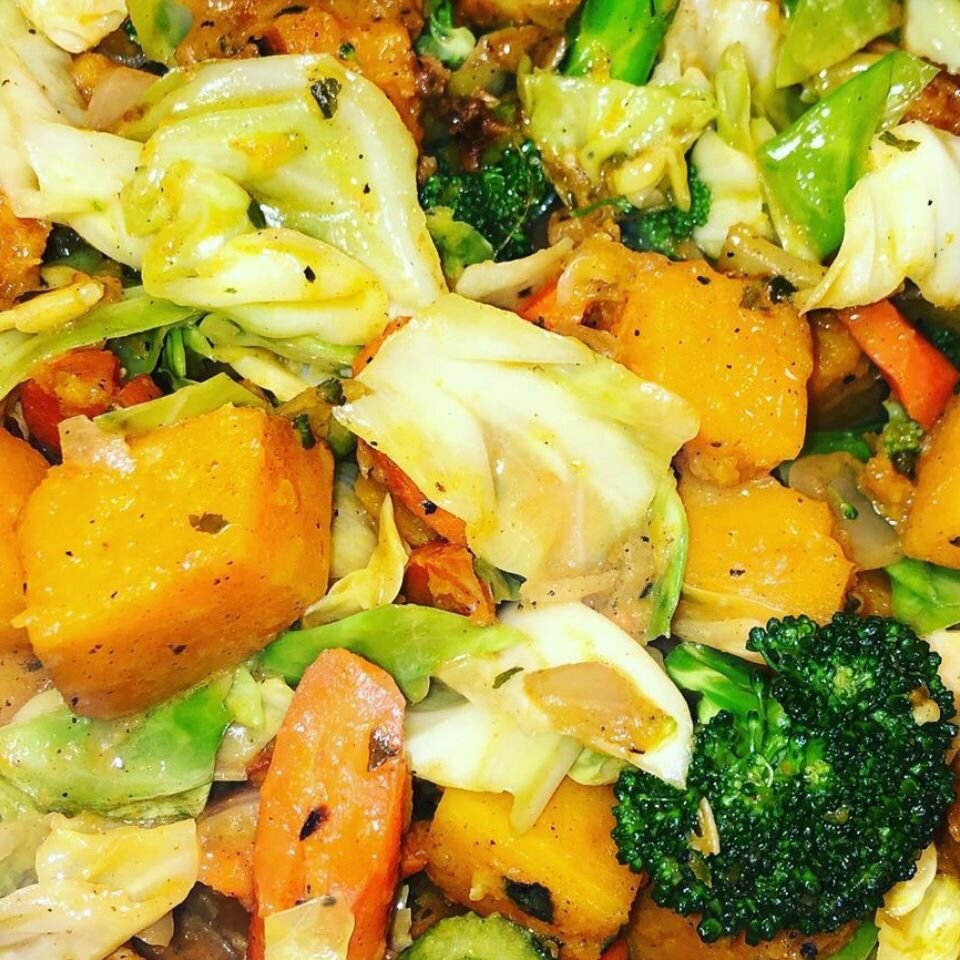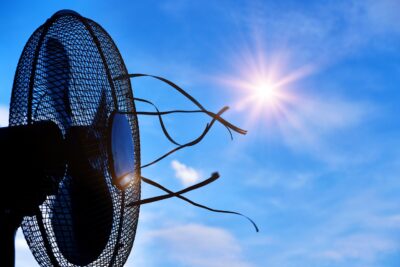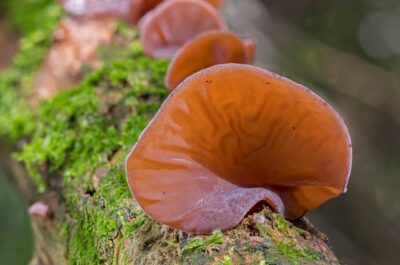
This is not a formal recipe, just an absolutely delicious dinner that anyone can make. I recommend everyone have a wok at their house. It is also great for cooking on an open fire while camping. After chopping up your meat and vegetables, you will have a tasty dinner in less than fifteen minutes. Traditional Chinese Medicine (TCM) recommends cooking your food, versus eating it raw. In the winter when it is cold it is important that food is both warm in temperature and warm in nature. I always suggest people drink a glass of cold water and notice how their body temperature cools down. Then try drinking a glass of warm water and notice again. Typically a person’s extremities will feel warmer and circulation will improve with the warmer temperatures.
Warm herbs are cardamom, ginger, cinnamon, clove (think pumpkin pie spices or curry). Warming herbs will warm the core of the body while spicy foods will disperse. This means they will push the heat to the outside of the body (perhaps causing sweating), and “scatter the qi”. Winter is a time of conservation (think of embers in a fire, and a slow warm heat). The one exception is if you think you are coming down with a cold, that is an appropriate time to sweat and “push” and virus or pathogen out of the body.
A wok allows you to “flash fry” your food. This is a quick cooking which helps warm the food and break down the vegetable cell wall to make it more bioavailable, while preserving the nutrition. The great part of wok cooking is, anything goes. You can make it as easy or complicated as you would like.
When we work with patients we recommend eating five to seven fruits and vegetables/day, the colors of the rainbow. If you have been a bit skimpy on your vegetables during the day, wok cooking is a great way to make it up. Get as many bright colors in as you possibly can. If you are feeling extra hungry, cook up a wild or brown rice, quinoa, or other whole grain.
Cut Up:
Chicken
Butternut Squash
Carrots
Broccoli
Cabbage
Celery
Fresh Ginger
Fresh Garlic
Yellow Onion
Olive or Coconut Oil
Coconut Milk
If you are using butternut squash, I recommend cooking the squash first. Heat oil in the wok, add butternut squash and cook on medium heat until tender. Remove the squash. Turn heat to high and mostly cook chicken, frequently turning the chicken while cooking. Remove chicken from heat. Cook onions with olive or coconut oil for three to five minutes until translucent. Add in garlic, ginger, and carrots. Shake in Brosar’s seasoning (my favorite!), or other seasonings you like such as curry. Add half a can of coconut milk and turn heat to high. Let it boil and reduce heat to low. Let the onions and carrots cook for another few minutes then add broccoli, cabbage, and celery. Cover the stir fry so the broccoli, cabbage, and celery can steam a little. Add back in squash and chicken. Toss and turn the vegetables and chicken fully coating in coconut milk and seasonings. Serve up a delicious and nutritious meal.
Ingredient
Temperature (Nature)
Medicinal Properties
Chicken
Warm, sweet, used as an energy tonic, supports the Spleen and Stomach.
Helpful for the underweight, poor appetite, diarrhea, edema (swelling) frequent urination, vaginal bleeding and discharge, shortage of milk secretion after childbirth, weakness after childbirth.
Butternut Squash
Neutral, sweet, and slightly bitter.
Bronchial asthma, cough, edema.
Carrots
Neutral, sweet, pushes downward, used as a diuretic and digestive, affects the Lungs and Spleen.
Chronic diarrhea; cough; indigestion; difficulty when urinating.
Celery
Neutral, sweet, bitter, affects the Stomach and Liver.
Hypertension, dizziness and headache, discharge of urine containing blood. Celery may be cooked with vinegar to relieve headaches due to high blood pressure. It can be mixes with honey to relieve dizziness and headache and shoulder pain associated with hypertension.
Broccoli
Enters the Spleen Stomach, Bladder, and Liver. Cool in temperature.
Clear heat and regulate water circulation. It helps to regulate qi and circulation.
Cabbage
Neutral, sweet, promotes urination, affects the Stomach and Large Intestine.
Constipation, thirst due to intoxication, ulcers, eye infections, cough with yellowish mucous, abdominal swelling, and constipation.
Fresh Ginger
Warm, pungent, induces perspiration, disperses cold, and relieves vomiting, affects the Lungs. Stomach, and Spleen.
Common cold, vomiting, cough asthma, diarrhea.
Fresh Garlic
Warm, pungent, promotes energy circulation, warms the Stomach and Spleen, destroys worms, affects the Spleen. Stomach, and Lungs.
Cold abdominal pain. Edema, diarrhea, dysentery, whooping cough. Topically to reduce sting of insect bites.
Yellow Onion
Circulates Qi, circulates blood. Disperses cold, clears damp, resolves phlegm.
Diuretic and expectorant.
Olive Oil or Coconut Oil
Olive oil enters the Spleen and Liver. The flavor is sweet and it is considered neutral in temperature.
Coconut Milk
Warm, neutral, slightly sweet and aromatic.
Produce fluids, promote urination, and destroy intestinal worms. Relieves thirst, sunstroke, fever, diabetes and edema.
Cilantro
Warm, pungent, induces perspiration, promotes digestion, affects the Lungs and Spleen.
Decrease bad breath. Reduce gastric acid and a stomachache “caused by cold”.
Brosari’s Seasoning with Ginger and Orange Peel
Fresh Lime
Circulates Qi, Circulates Blood, Clears heat, Eliminates Toxins, Resolves Phlegm.
Enters the SP, LR, and GB. The flavor is sour and it is considered cold in temperature. Limes are a good source of magnesium and potassium, which promote heart health. Potassium can naturally lower blood pressure and improve blood circulation, which reduces your risk of a heart attack and stroke. Research is ongoing on lime compounds called limonins that may be able to reduce cholesterol levels
Resources: Chinese System of Food Cures Prevention and Remedies by Henry C. Lu, ISBN: 0-8069-6308-5, 1986.
https://www.healthline.com/health/food-nutrition/lime-water-benefits
http://chinesenutrition.org/browse_search.asp?search_value=Search+the+Database…



